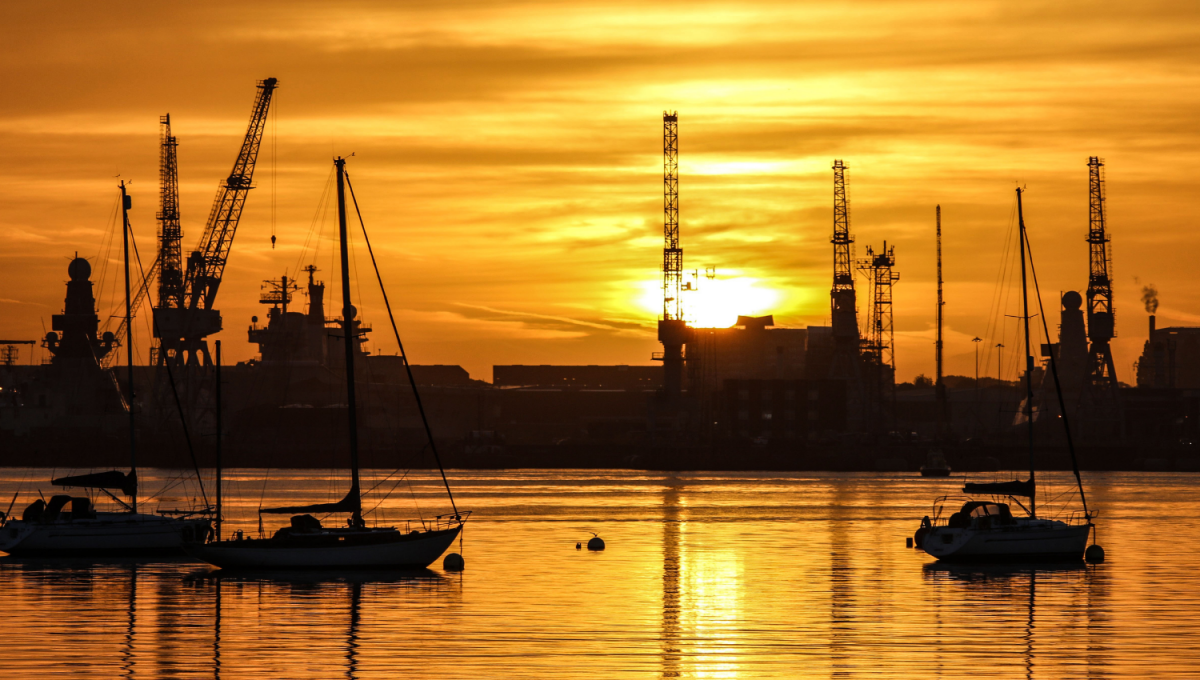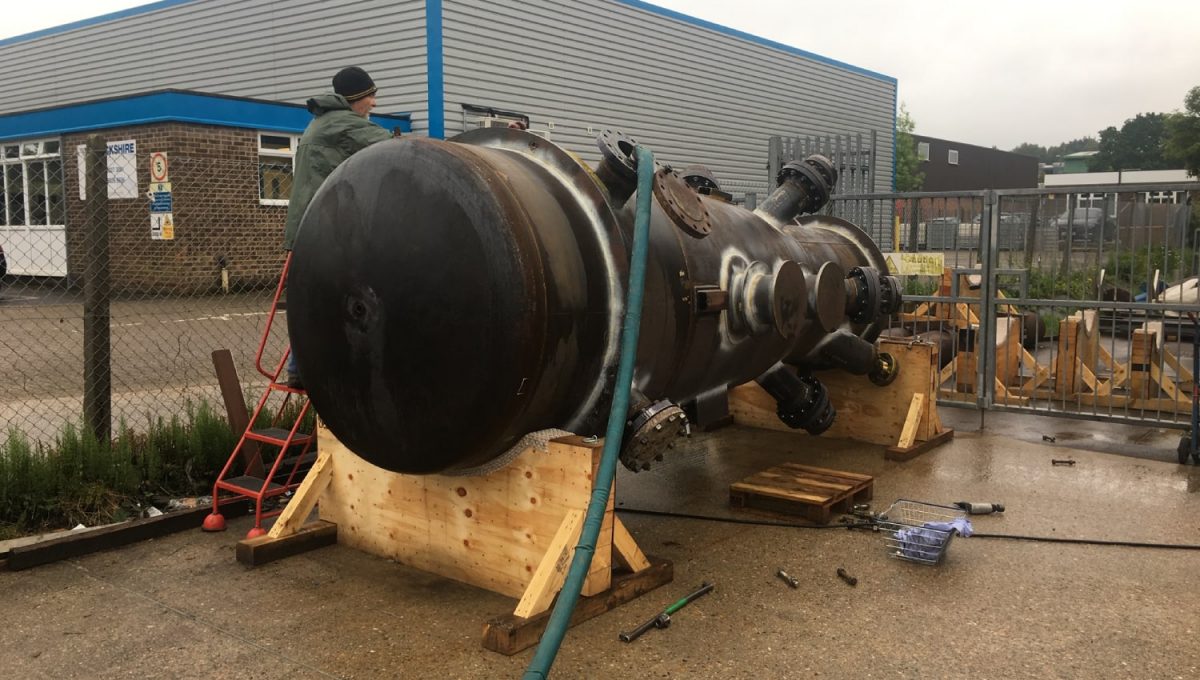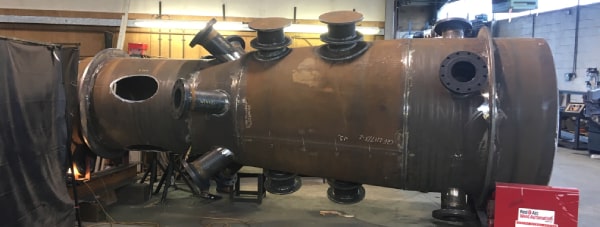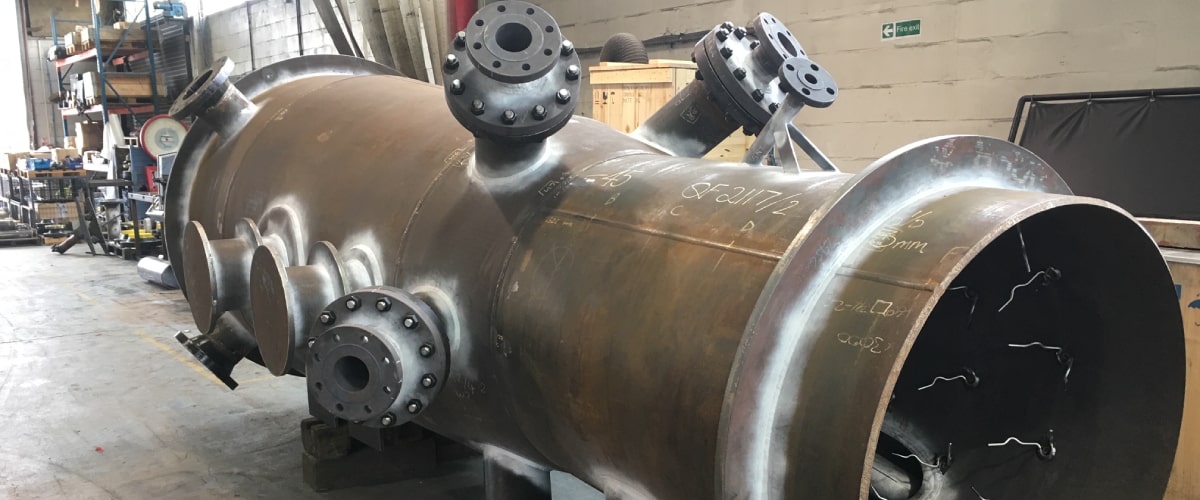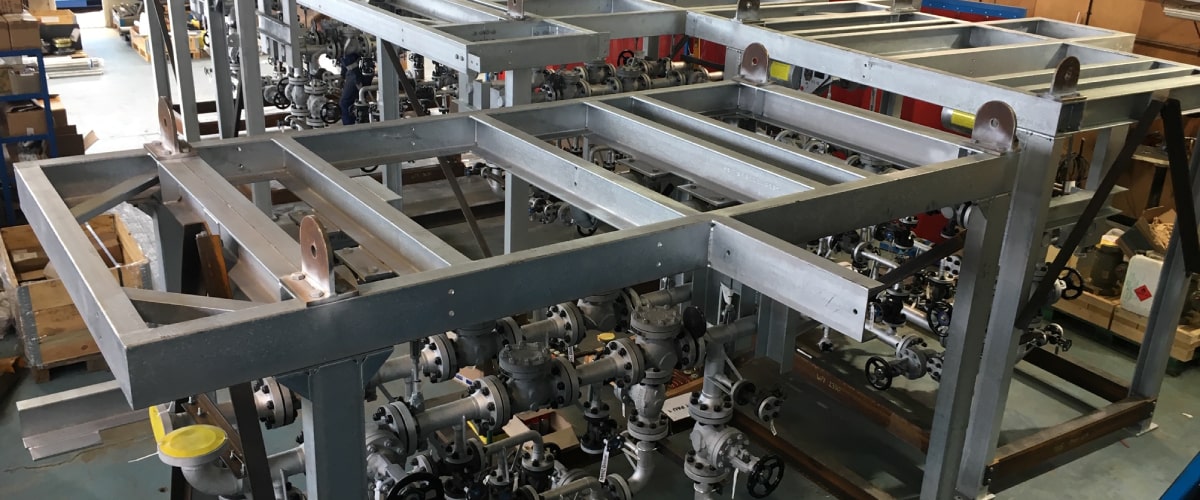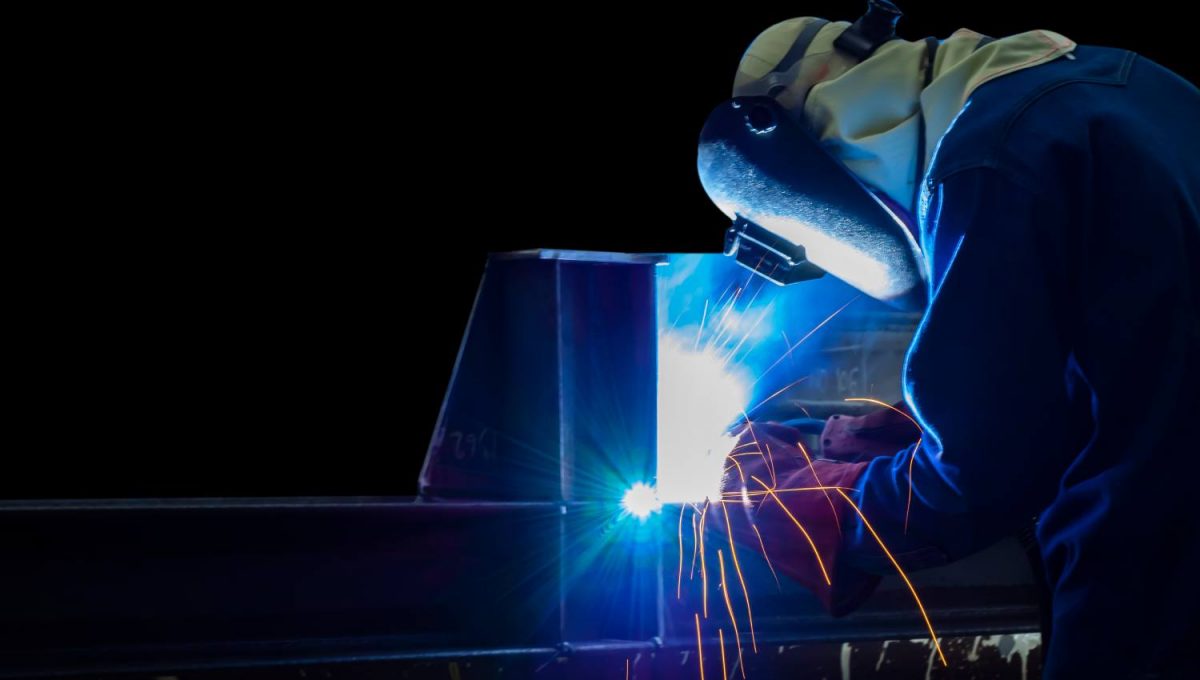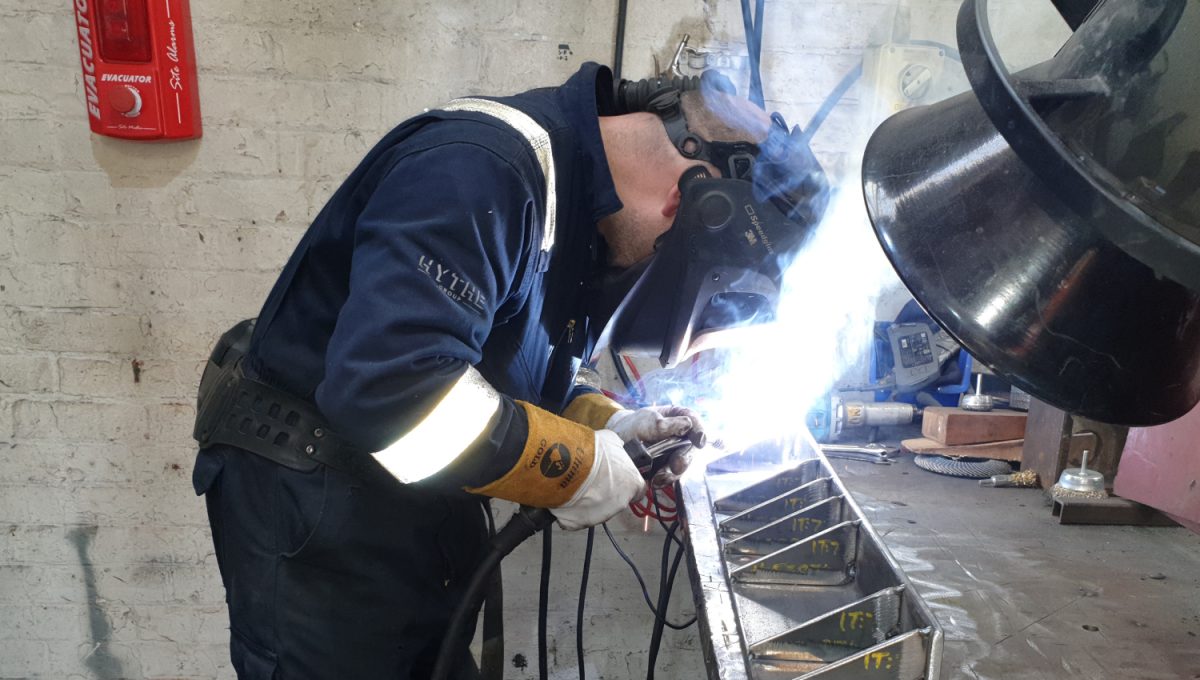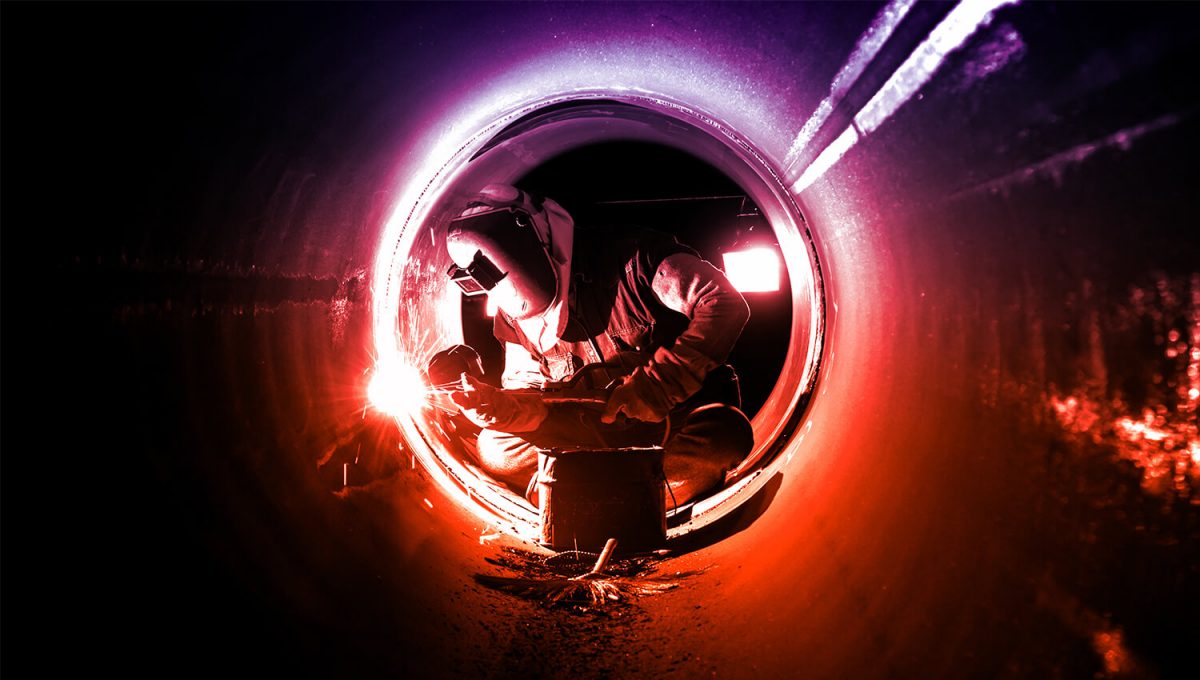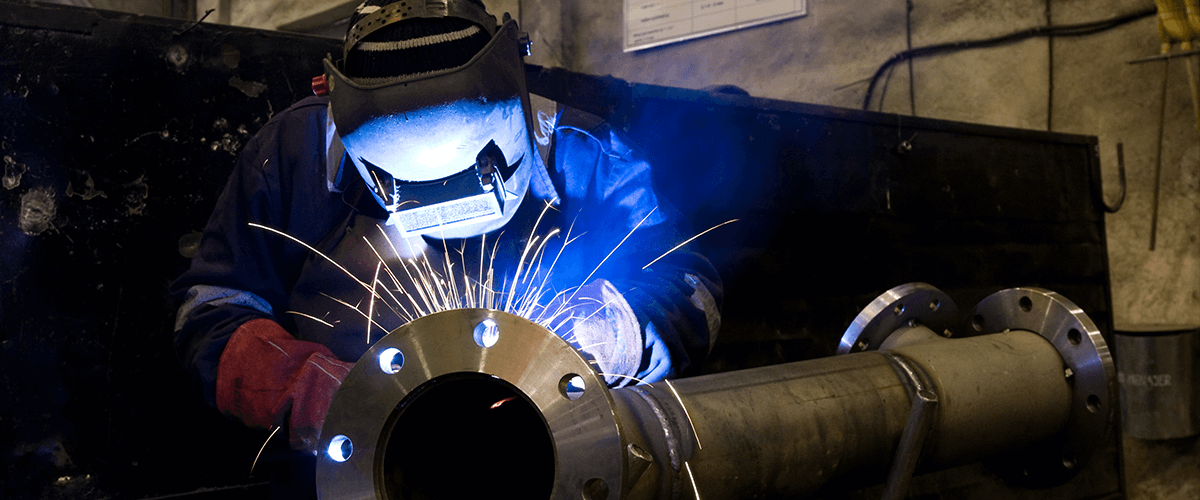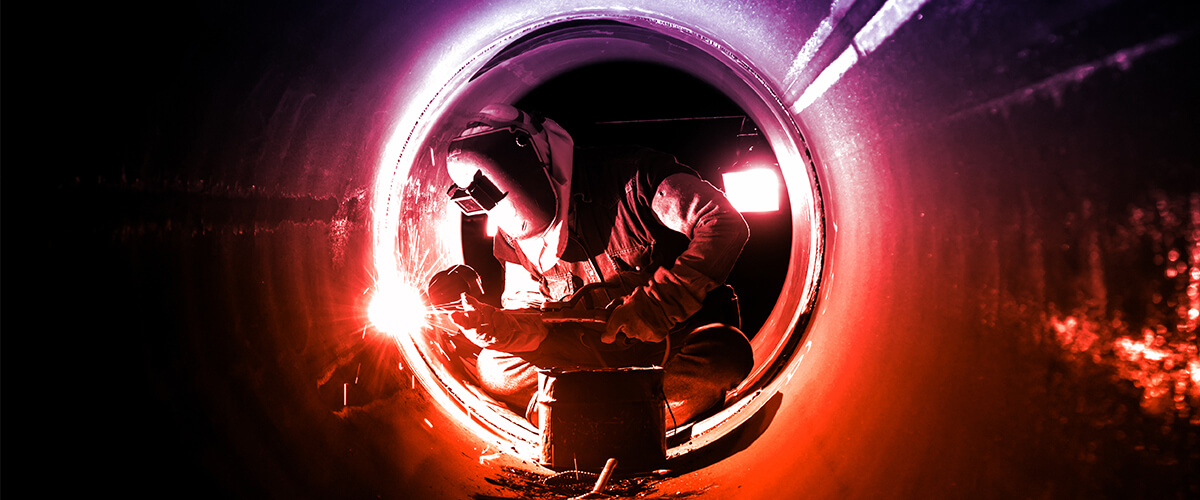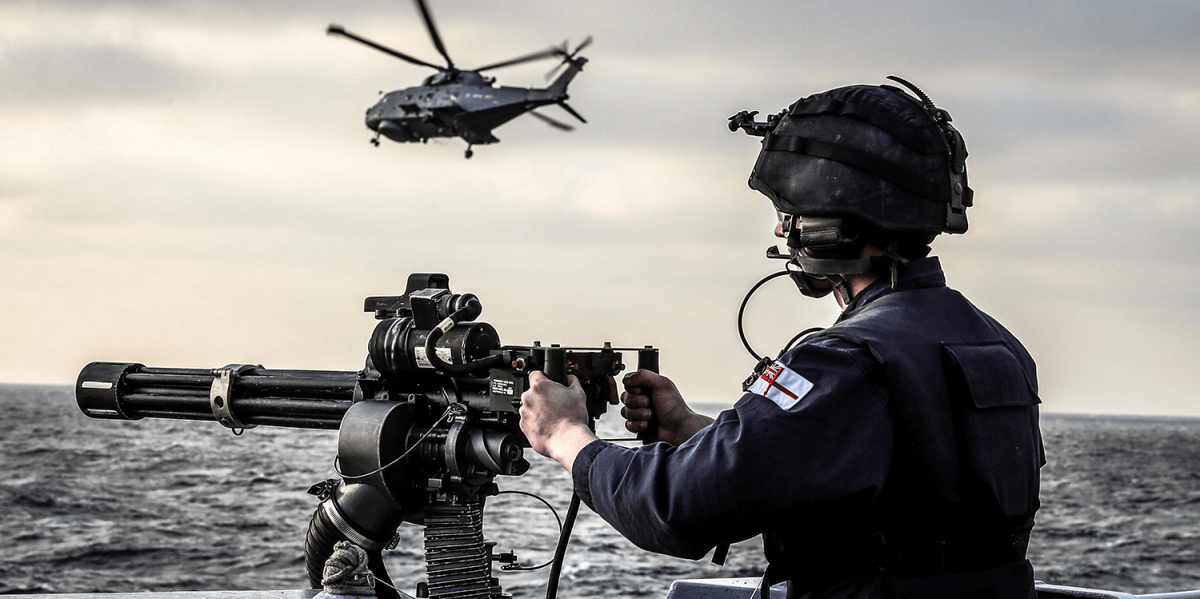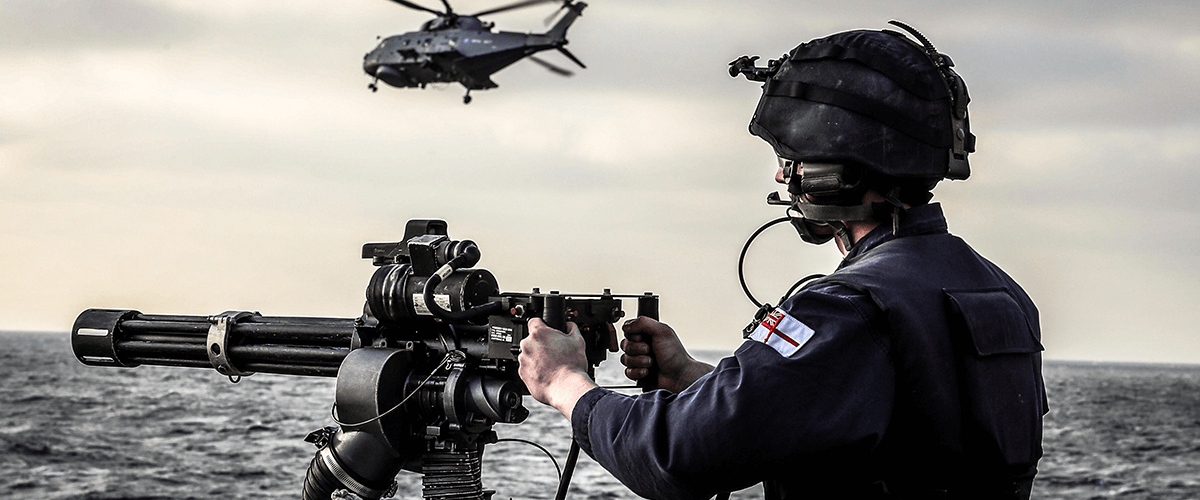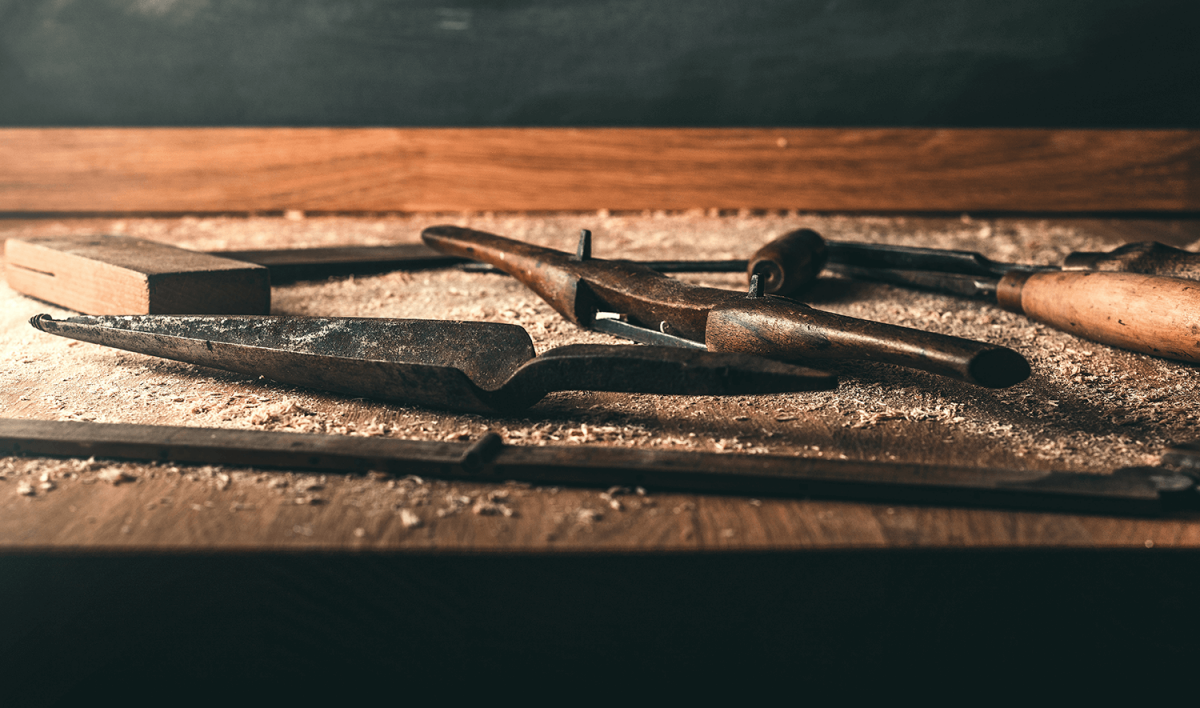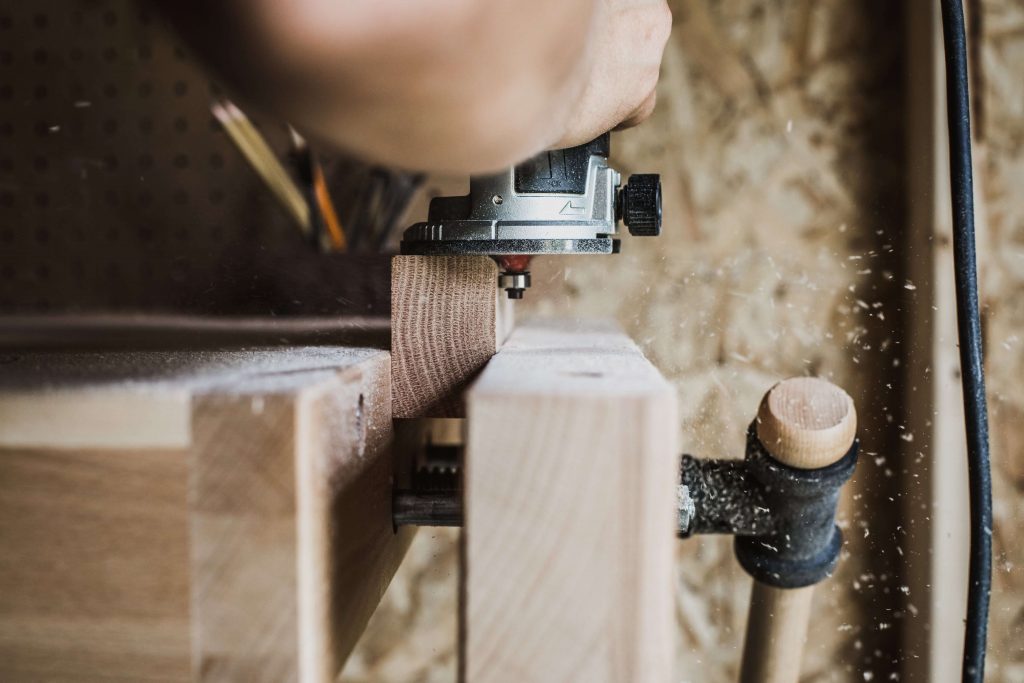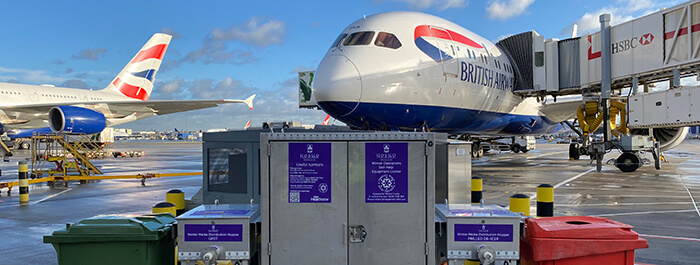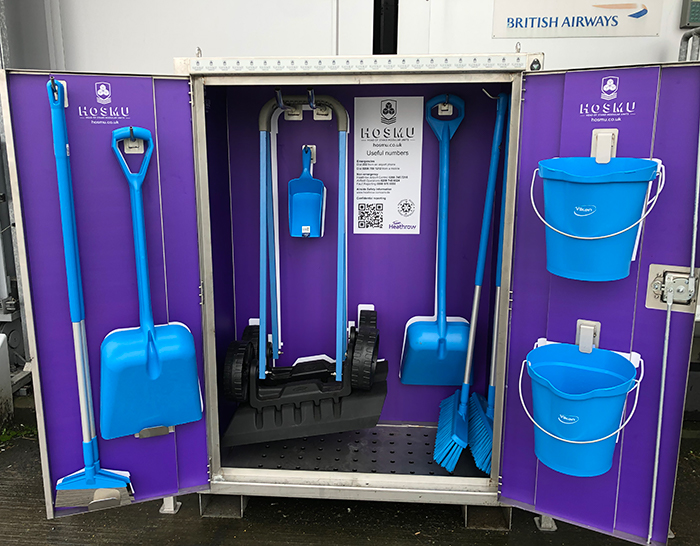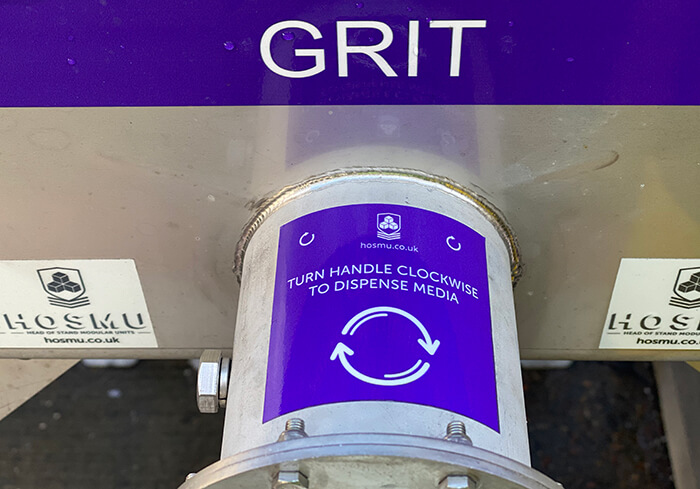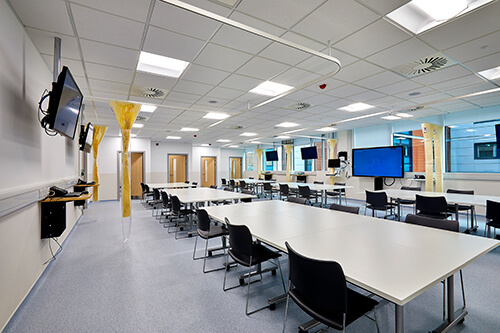Earlier this year, one Hythe Engineering project team reached a significant milestone on a prestigious Royal Navy project. The crew successfully completed a compartment seating installation – an intricate task involving cross-functional collaboration, a high level of technical expertise and clear communication between internal and external teams.
Hythe Engineering‘s seamless integration of diverse skills and expertise, underpinned by shared values and a strong company culture, has been key to delivering these outstanding results.
Meticulous Preparation Overcomes Tough Challenges
The project milestone was not an easy feat – involving numerous preparatory steps, including penetration removals, insert repairs, and underdeck stiffening changes to the tank top in proximity to the area.
After completing vacuum testing in the installation area, the team is now focused on structural alignment and sign-off before proceeding with full welding.
With the seating units measuring over seven meters in length and weighing around 2.5 tons, managing this installation safely was an outstanding achievement. This milestone represents a culmination of efforts from across the entire organisation, exemplifying the team culture at Hythe Engineering.
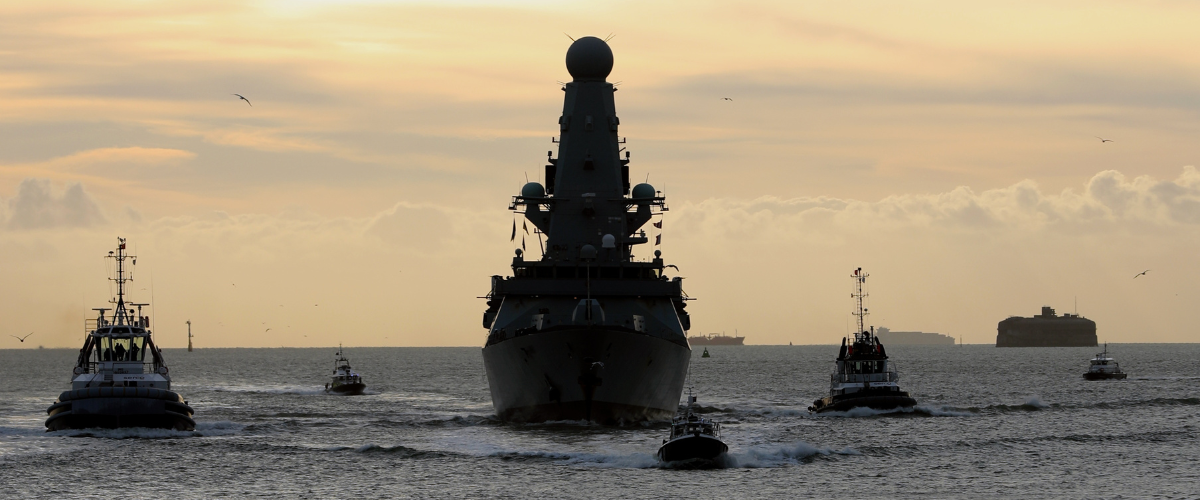
Collaborative Effort Results in Resounding Success
The installation and workshop team may have been the flag bearers for the successful work, but their success wouldn’t have been possible without the contributions of various departments working seamlessly together.
According to Project Manager Matt Cross, the team are doing a fantastic job, with Aiden Steward and Fred Creamer heading up the constructive and pipework afloat teams respectively…
“Both gents bring a wealth of knowledge and experience, as well as huge amounts of energy and enthusiasm. For me, having them both as members of the team gives me great confidence in a successful delivery.”
Danny Shipp, Delivery Manager at Hythe, also shared some kind words. He highlighted the exceptional work ethic and skill of the project team and associated business areas.
“The team have managed a significant step forward. Managing the delivery of this task and the safety of this installation has amounted to a fantastic achievement.
Importantly, although Aidan, Fred and the team on-the-ground have been the flag bearers on this particular step, the success represents the culmination of effort from everyone in the team.
Across our departments, the Procurement, Engineering and Quality Control teams have seamlessly aligned in the coordination and delivery of manufacturing seats and targeting the penetrations needed to be ready in line with requirements. It’s because of this joint, collaborative effort that we’re able to make things like this happen.
A real, well done and thank you to all involved.”
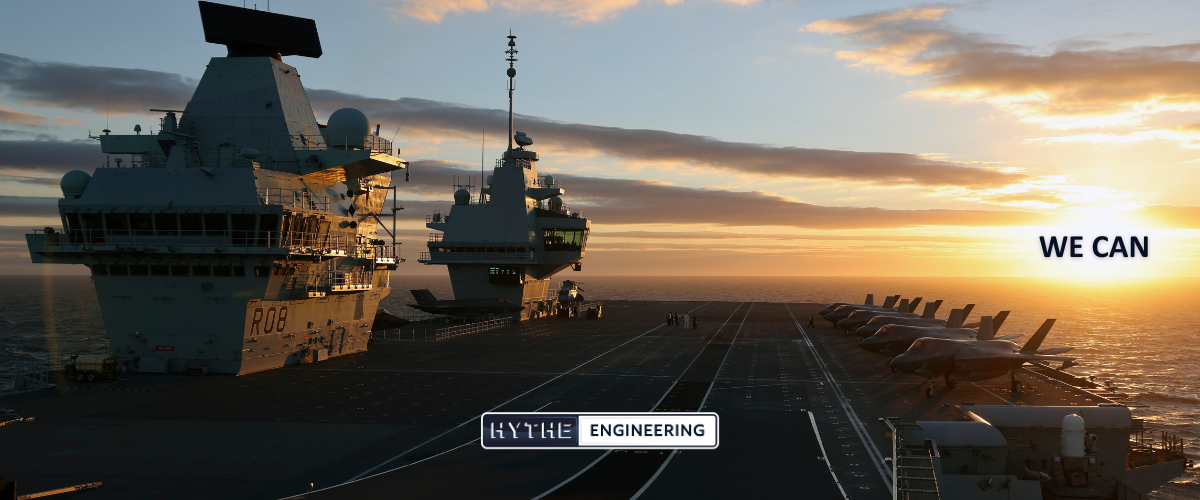
Embodying Company Values and Culture
This accomplishment showcases the power of trust, teamwork, and a shared drive, as outlined in the company’s values. By respecting one another, being committed to the cause, and maintaining a positive attitude, the team demonstrated the huge value of the We Can ethos that underpins what life is like at Hythe Engineering.
As the company continues to grow and take on new challenges, this milestone serves as a testament to the strength of the business and the collective efforts of its people. From manufacturing and engineering to procurement, HR, and quality control, every team member played a role in this achievement. Congratulations to Danny, Aidan, the project team, and everyone involved.
Looking for engineering advice?

